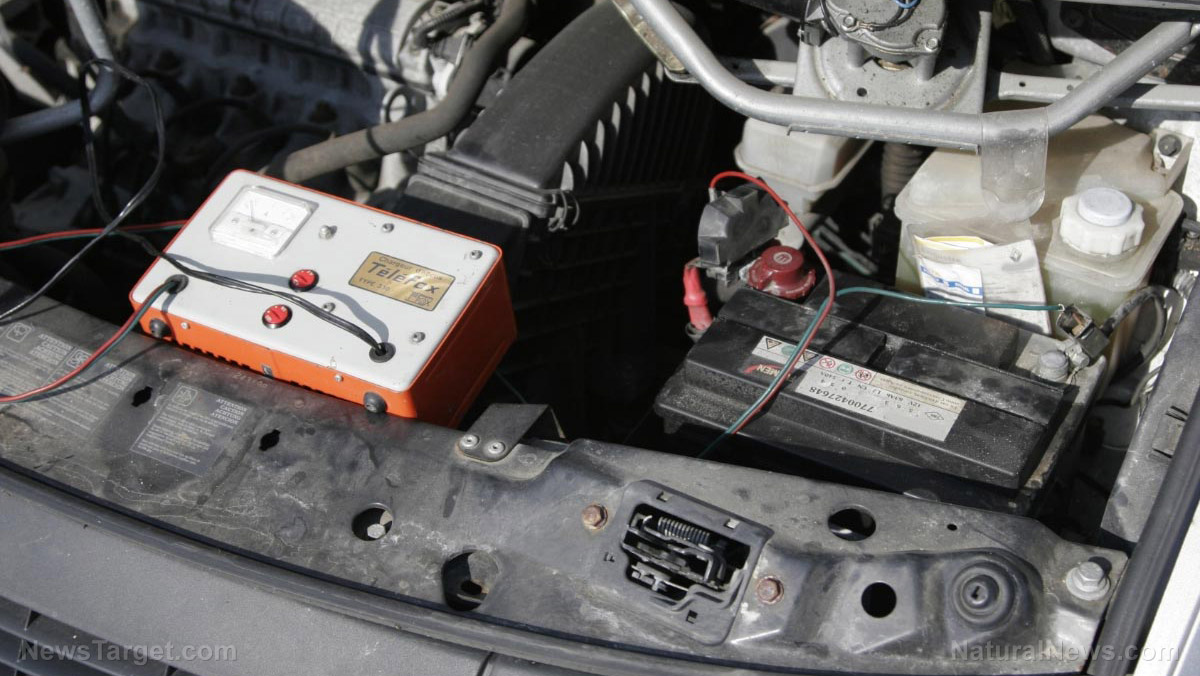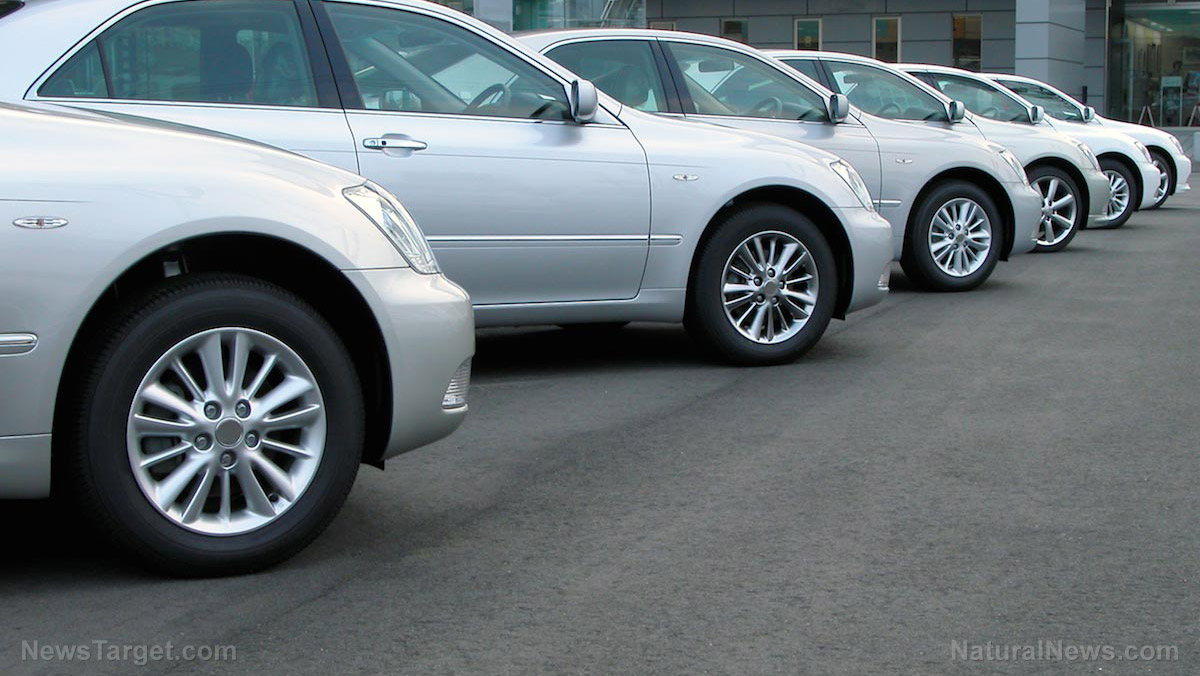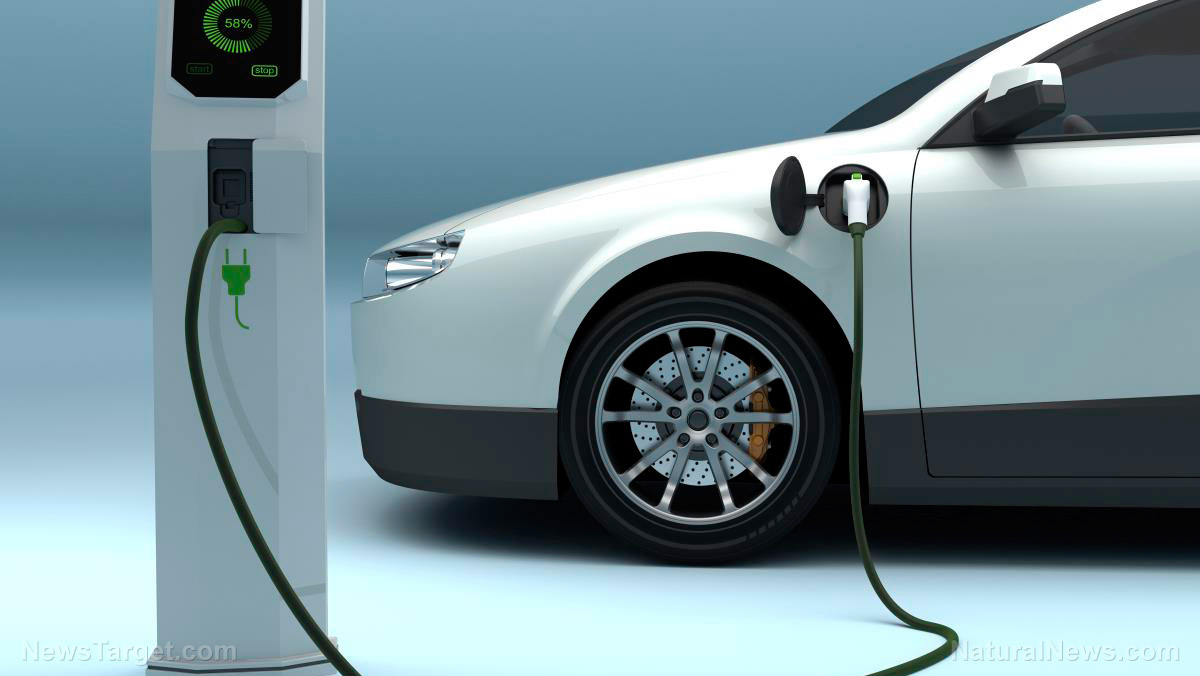
Harvard John A. Paulson School of Engineering and Applied Science researchers said their lithium metal battery is capable of at least 10,000 charge cycles. They added that the battery can extend the life of EVs from 10 to 15 years – comparable to conventional gasoline cars – without replacement. It can also pave the way for EVs that only take 10 to 20 minutes to be fully charged.
According to study author Xin Li: "A lithium metal battery is considered the holy grail for battery chemistry because of its high capacity and energy density. But the stability of these batteries has always been poor." He continued that his team's research "shows that the solid-state battery could be fundamentally different" from its lithium-ion counterparts in the market."
Li added: "By studying [the battery's] fundamental thermodynamics, we can unlock superior performance and harness [its] abundant opportunities." He and co-author Luhan Ye elaborated on their design in a May 12 study published in Nature.
BLT sandwich design prevents damage caused by lithium dendrites
Batteries consist of three main components – the anode, cathode and electrolyte. The electrolyte separates the anode and the cathode and moves the electrical current between the two components. Chemicals are typically used for battery electrolytes, with lithium-ion batteries using lithium compounds in liquid or gel form. On the other hand, lithium metal batteries use pure metallic lithium for their electrolyte component.
During charging, the electrolyte in lithium batteries – whether chemical or solid metal – transfers lithium ions from the cathode to the anode. However, needle-like structures called dendrites usually form on the surface of lithium metal batteries in the process. These dendrites penetrate the lithium layer between the anode and cathode, shorting the battery and potentially catching fire.
Li and his colleagues elaborated on their BLT sandwich-inspired design for lithium metal batteries using the sandwich's different layers as a comparison. The lithium metal "bread" anode comprises the first layer, which is then followed by a "lettuce" coating of graphite coating. The first "tomato" electrolyte goes on top of the graphite-coated anode followed by the second "bacon" electrolyte. Another "tomato" layer goes above the second electrolyte – with the "bread" cathode topping everything off. (Related: Powerful lithium-air batteries may soon "take batteries to the next level," reveals study.)
The design and the materials control and contain the formation of lithium dendrites by allowing them to grow through the graphite coating and first electrolyte. The first electrolyte is more stable but is prone to being pierced by dendrites. However, the second electrolyte – which is less stable than the first – stops the dendrites from progressing further. The battery's chemistry also allows it to repair holes caused by dendrite penetration.
New battery design spells good news for electric vehicles
Many researchers have attempted to utilize lithium metal batteries due to their faster charging time and greater energy capacity compared to lithium-ion counterparts. The EV market pins its hopes in long-lasting and quick-charging batteries. Current lithium-ion batteries fall short due to their weight and longer charging time. (Related: Solid state battery breakthrough could be a total game-changer for electric vehicles.)
Aside from EVs manufactured by Tesla and other companies, lithium-ion batteries can be found in laptops and smartphones. These kinds of batteries usually last up to seven or eight years depending on use and eventually degrade over time. While EV batteries can be replaced, their exorbitant costs make purchasing a new vehicle altogether a better option.
According to Li, the BLT sandwich-inspired lithium metal battery's proof of concept shows its potential to compete with lithium-ion versions in the market. "[The] flexibility and versatility of our multilayer design makes it potentially compatible with mass production procedures in the battery industry," he remarked.
However, the study author acknowledged that there are different layers of challenges before the battery can be produced commercially. "Scaling it up to the commercial battery won't be easy and there are still some practical challenges, but we believe they will be overcome," Li commented.
Visit Power.news to read more about lithium metal batteries and other breakthroughs for electric vehicles.
Sources include:
Please contact us for more information.























